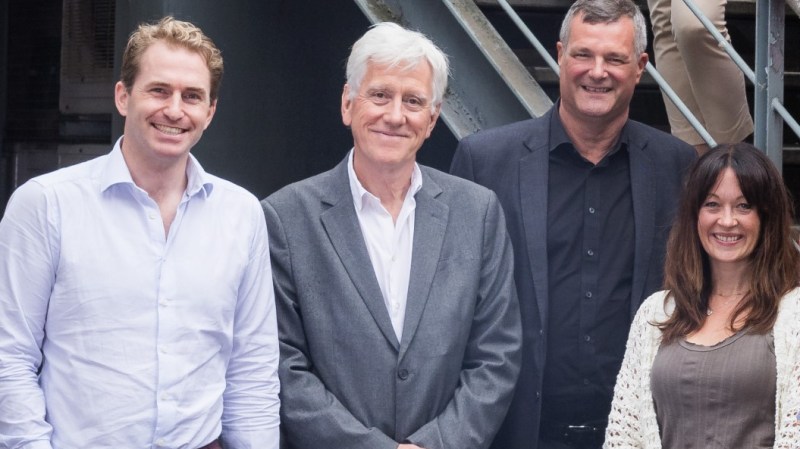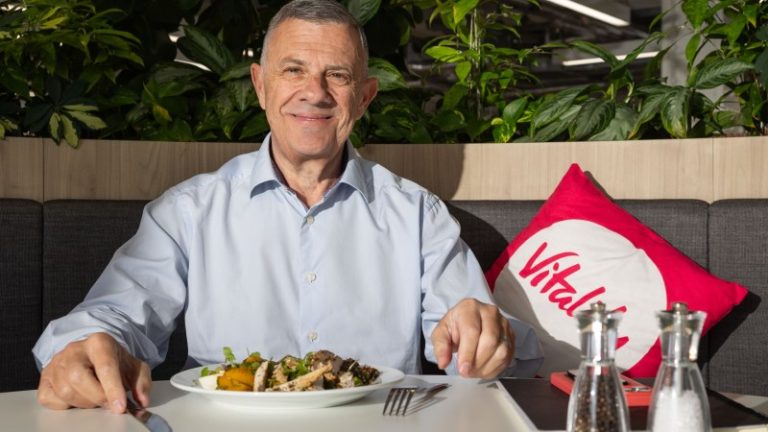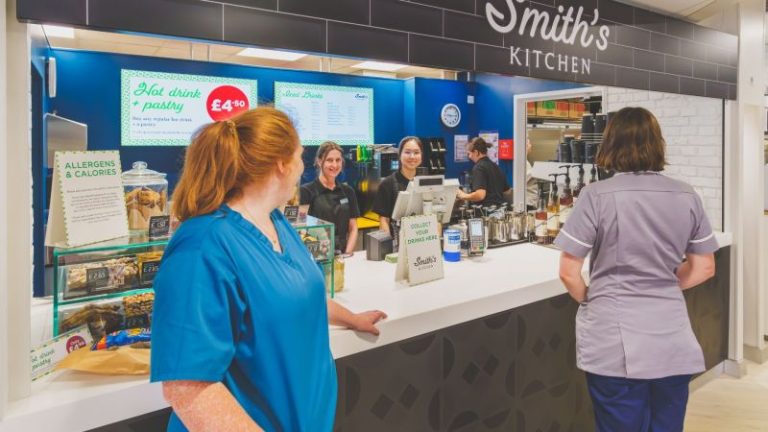What I learnt … about tourist venture capital
Robert Higginson, 67, is the co-founder of Par Equity, a venture capital investor in tech companies that was established in Edinburgh in 2007. He is responsible for their investment decisions in northern England and the US, and his focus is on digital health technology. Par Equity has just published a report showing that in the 10 years from 2014 companies based in London attracted 66.3 per cent of all equity funding, while those in the north of England landed just 10.4 per cent. This is despite there being 58 per cent more high-growth tech companies operating in hardware, engineering technology and life sciences in the region than in London. Higginson wants to shift that balance and has his eye trained on Yorkshire.
Yorkshire, and south and west Yorkshire in particular, have lots of [high-growth company] opportunities for investors. But they suffer from the level of commitment shown by investors. What the region needs is long-term, professional commitment from investors. What you can’t do is go in as a “tourist venture capitalist”: just fly in, do a deal and fly out. You have to commit.
That is what we did in Scotland. In 2007, Edinburgh was just getting going. When we started to talk to Edinburgh University about commercialisation [of university intellectual property], it really was early days. Fast forward 16 years and Scotland is a vibrant, integrated place where if you are a tech company coming out of university or an entrepreneur wanting to start a business you have a very supportive environment.
My colleagues in Yorkshire would roll their eyes at this, but I think Yorkshire is almost where Scotland was all those years ago.
We need agencies like the South Yorkshire Mayoral Combined Authority, the universities of Sheffield and Leeds, and the University of Sheffield Advanced Manufacturing Research Centre to make that fabric as rich as it is in Scotland. And we need funders in general to commit.
This isn’t going to be a fast job: it will be another 10 to 15-year journey, as we saw in Scotland.
By being there on the ground…
We found a company called Little Journey. Its service is all about communicating with a child who is going to have some procedure, and to recover from it; and it is also about the development of drugs for rare diseases. Little Journey is a company that is based in Nexus, an innovation hub owned by Leeds University. We developed a relationship with them and worked hard to pull together a term sheet. We will invest £6 million in that company, which employs about 40 people. The drug companies are behind it and the hospitals are behind it.
At the same time we are running an accelerator programme from the autumn — linked to the planned National Centre for Child Health Technology in Sheffield — and have just reviewed 75 companies dedicated only to children’s health. This is a really unloved sector for venture capitalists because they perceive there is more money to be made in adult health.
The way the ecosystem works is that now we have started a tech accelerator, I can bring Little Journey into a 12-week programme that accelerates the adoption of [its services] into the National Health Service throughout the whole of the UK.
Then we will run [the accelerator] again in Scotland, and then on to Stanford, on the west coast of the US, and take Little Journey there. Yesterday I was talking to Saudi Arabia, and we will take Little Journey there too.
All of those things require investment in the ecosystem, investment in infrastructure, finding great companies, investing in them, and building them. You have to put in the shoe leather. What you can’t do is sit behind a computer and wait for deals.
There are other VCs doing good things backing deep-tech companies in the regions
I’d mention Parkwalk and MMC Ventures. And others are slowly getting it. But relatively speaking, there really aren’t the number of co-investors that there needs to be. Our personality is all about going where other people aren’t. Maybe other VCs just continue to do what they do in their local area because they feel comfortable with their own local networks.
I don’t see Par Equity as investment managers; I see Par Equity as being company builders. In the north of England we need to be ecosystem builders, so longer term we can get the benefits of it. Maybe other VCs don’t work like that. There are certainly not that many who are interested in deep tech, hardware, manufacturing and engineering. We love to go to manufacturing sites where we can smell the oil; you won’t want to do that from Mayfair.
Health technology companies do need one foot planted in America
My experience is that the NHS is a very difficult place to innovate in. We have fantastic health tech companies in the UK, but they cannot survive by focusing on their beachhead client being the NHS.
The NHS is really important and it provides a kitemark in terms of quality. But your market, whether it is healthcare or it is drug discovery, is in the US. Those customers will provide the revenue to continue to build out the company. You won’t be able to do it based on the NHS.
Robert Higginson was talking to Richard Tyler, editor of the Times Enterprise Network






